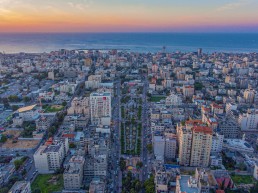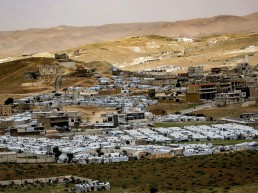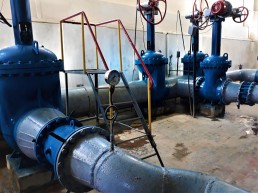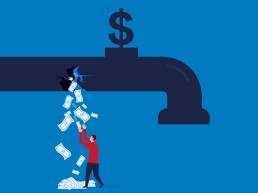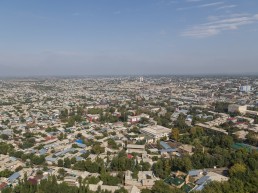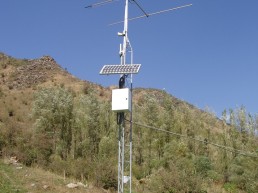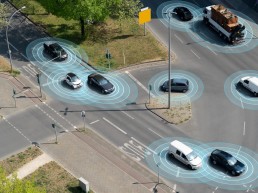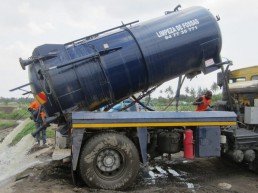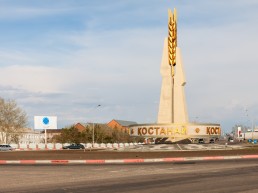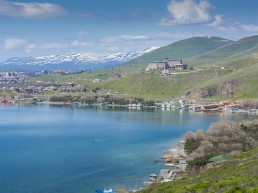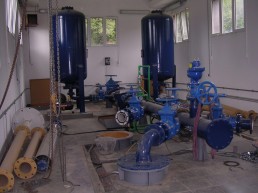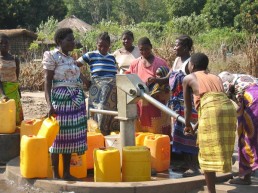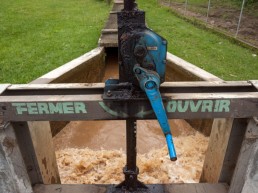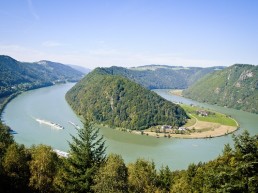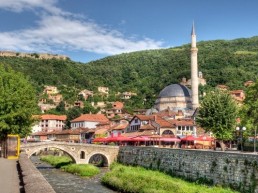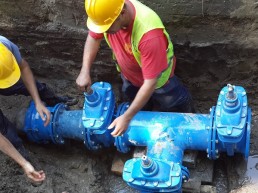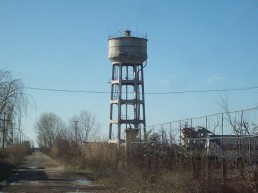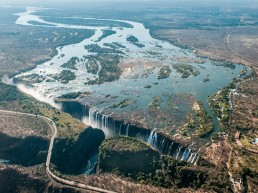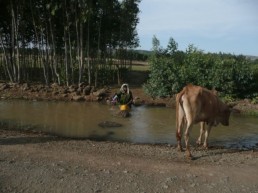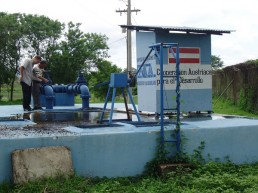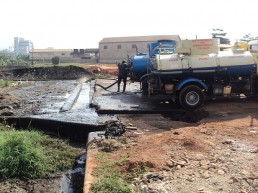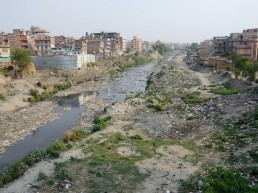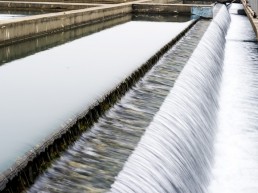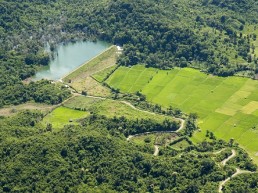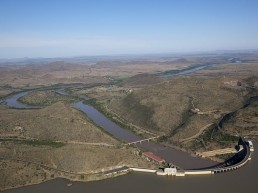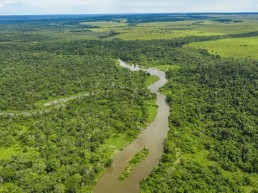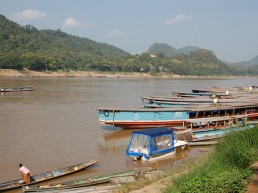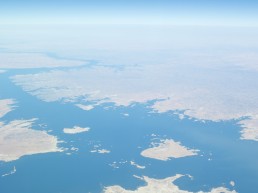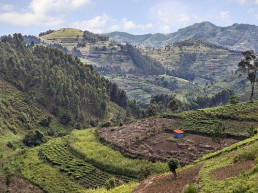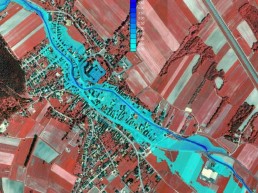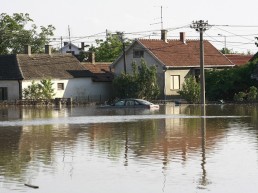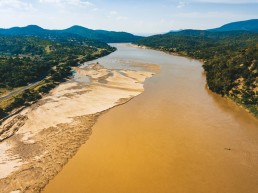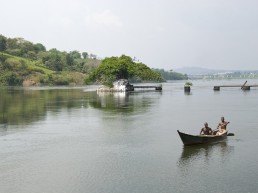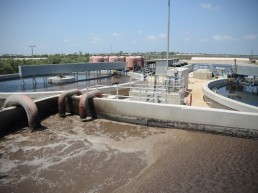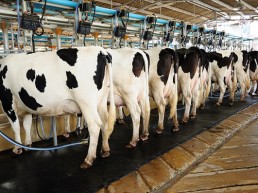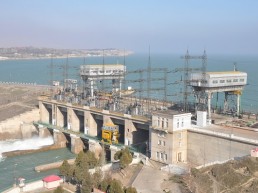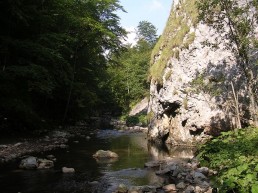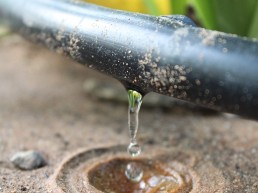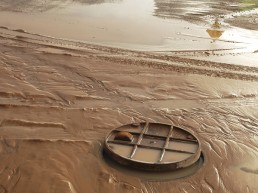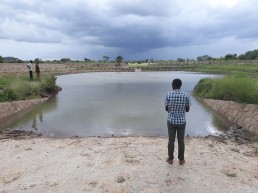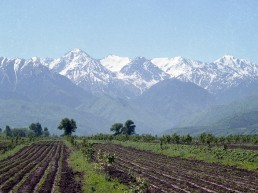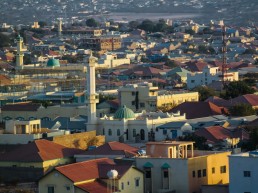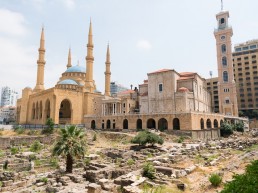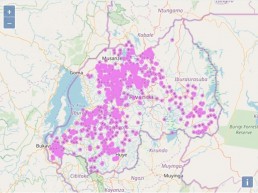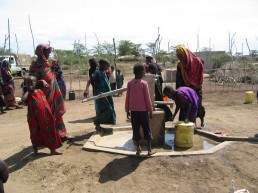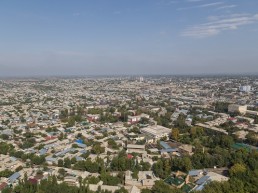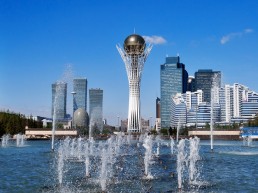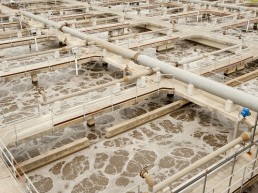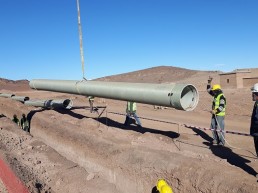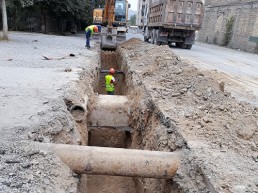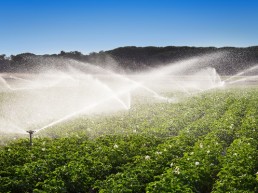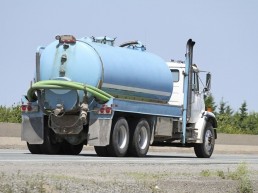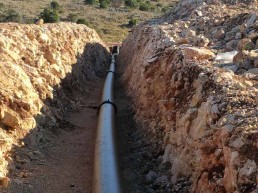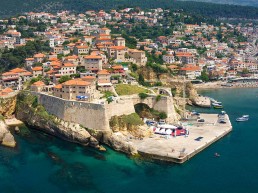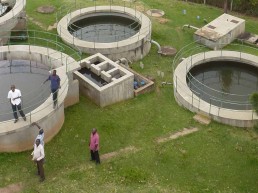Picture source: iStock Edwin Tan
Asia
Project Consultant Green Economy Financing Facility (GEFF) for Kazakhstan
Assignment location
Kazakhstan
Client/Funding
European Bank for Reconstruction and Development (EBRD)
Investments in resource efficiency are a top priority for EBRD. The EBRD follows the Green Economic Transition Approach (GET) to increase green financing in its countries of operation (COOs) and address climate change through a market-driven approach. Green Economy Financing Facilities (GEFFs) are EBRD credit lines for small-scale renewable energy, energy-saving, and resource efficiency projects, reaching smaller projects indirectly through over 120 financial institutions in more than 24 COOs.
The EBRD launched a Pilot GEFF in Kazakhstan, a $30 million framework for GET investments. This facility provided senior unsecured loans to Participating Financial Institutions (PFIs), including banks, microfinance, and leasing companies. It was the first EBRD credit line in Kazakhstan to integrate the Bank’s GET objectives, including resource efficiency technologies.
The project aimed to support PFIs in effectively using GEFF funds, providing operational support for investments in renewable energy, energy efficiency, circular economy, and environmental measures supporting water and material saving.
Overall, the project included the following activities:
- Ensuring successful Facility inception
- Successfully onboarding new PFIs
- Supporting the sub-project lifecycle
- Correct tracking, monitoring, and reporting of Facility data
- Implementing a Gender and Social Inclusion Action Plan
HYDROPHIL’s tasks within these activities were:
- Supporting the adaptation of capacity-building materials and project assessment processes.
- Developing standardized tools to integrate circular economy approaches into GEFF operations and providing early GEFF support to financial institutions.
For this, HYDROPHIL introduced a systematic approach to identify, assess, and prepare circular economy projects in water/wastewater and sustainable land management. This involved:
- Reviewing current GEFF approaches, guidelines, and templates to integrate circular economy considerations;
- Conducting a “current state” workshop to discuss review findings;
- Proposing amendments to the toolkit based on best practices, including design options for templates, guidelines, procedures, and additional methodological needs;
- Developing case studies for circular economy projects in water/wastewater and sustainable land management to test and support the toolkit rollout.
Picture source: iStock Edwin Tan






